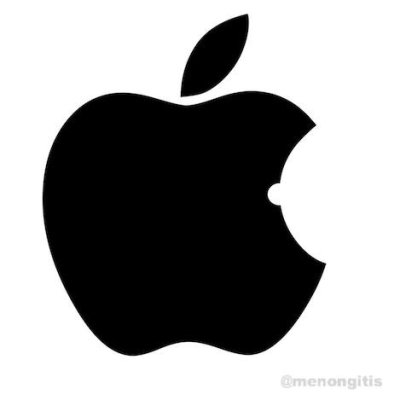easysurfer
Give me a museum and I'll fill it. (Picasso) Give me a forum ...
- Joined
- Jun 11, 2008
- Messages
- 13,151
So much for safety in the cloud if the entrance isn't protected 
Is Apple's iCloud safe after leak of Jennifer Lawrence and other celebrities' nude photos? - Gadgets and Tech - Life and Style - The Independent

The apparent leak of hundreds of naked photos purportedly belonging to more than 100 high-profile singers, actors and celebrities has raised questions of the safety and security of digital services.
Although Apple’s encryption on the data itself is considered robust, access could have been gained through more indirect means - such as guessing users' passwords or simply resetting their accounts by finding their email address and then answering traditional ‘security questions’.
Is Apple's iCloud safe after leak of Jennifer Lawrence and other celebrities' nude photos? - Gadgets and Tech - Life and Style - The Independent


 offsite.
offsite.